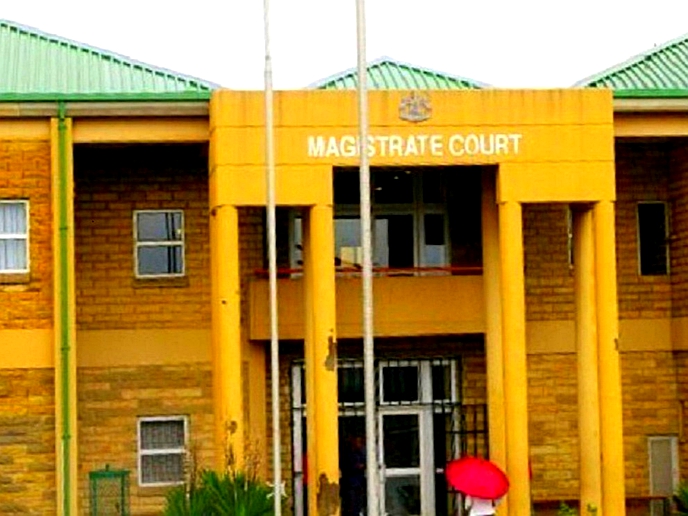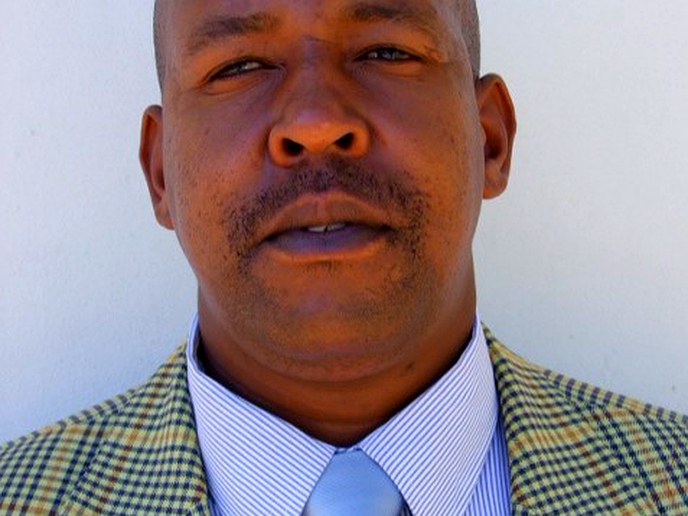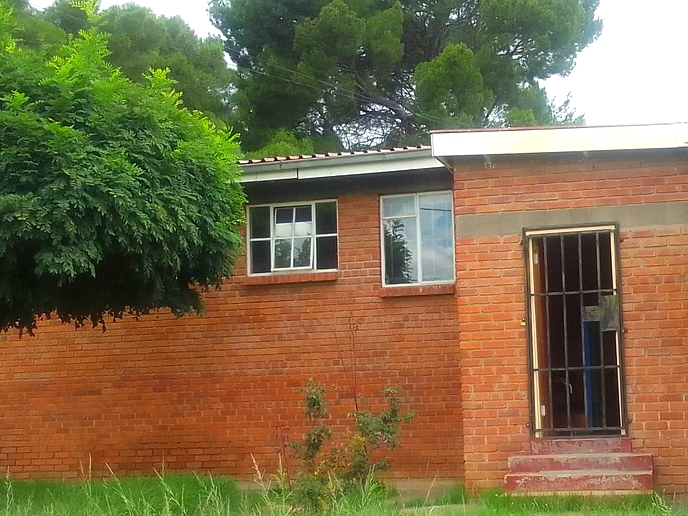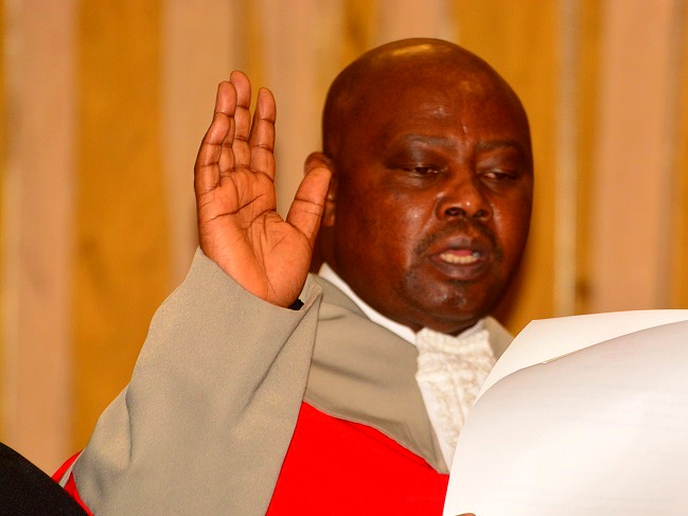JOHANNESBURG - Minutes after the State Capture inquiry chairperson Deputy Chief Justice Raymond Zondo ruled that he would not recuse himself as Jacob Zuma had wanted, the former South African president left the building.
news
Nov. 20, 2020
STAFF REPORTER
7 min read
Zuma hastily exits from State Capture commission
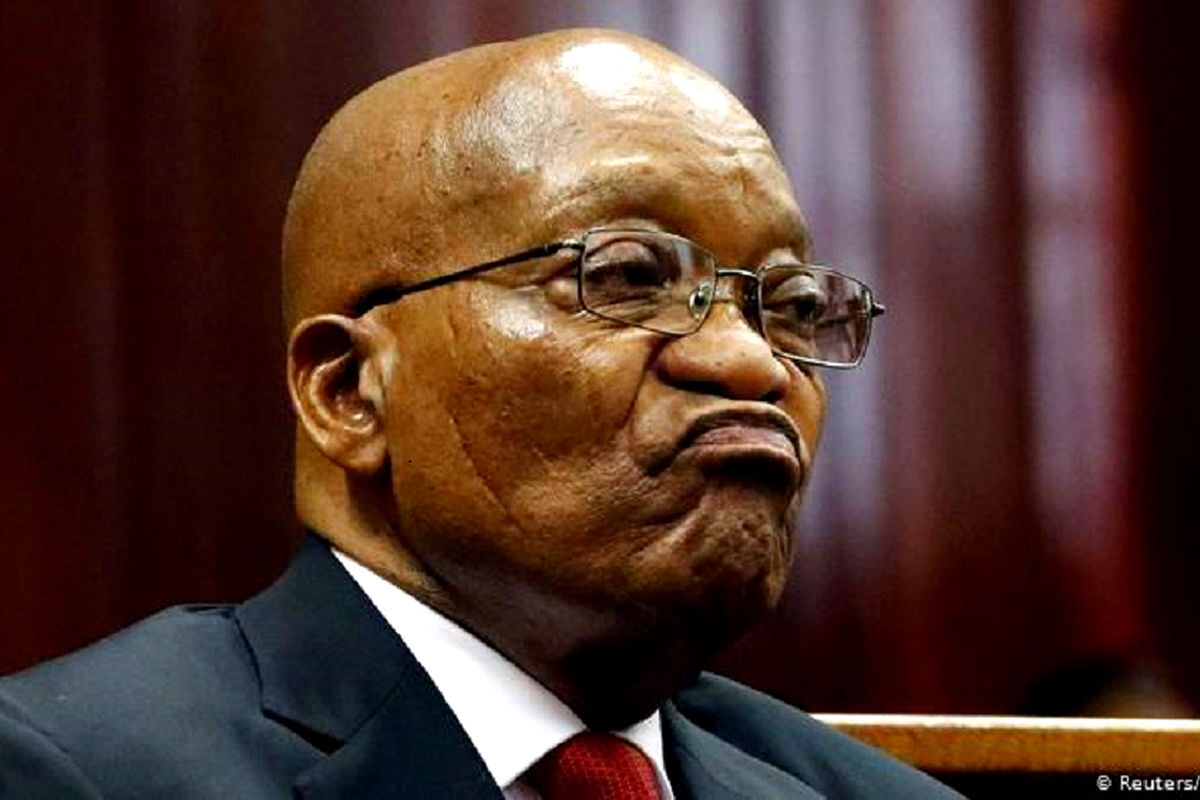
Former SA president Jacob Zuma
“He is not coming back. It is a pity he has left. The commission will reflect on matters it needs to reflect on,” said Justice Zondo, who returned from his tea break to find that Zuma had left. He adjourned the commission until Monday, November 23.
Before the break, the evidence leader, Paul Pretorius, said: “It is not up to the applicant [Zuma] to simply excuse himself – it’s your decision.”
Zumahad been summoned to appear before the commission to give testimony, and he should do so, the evidence leader said. By leaving he had committed a criminal offence, said two senior commission officials who spoke to Daily Maverick on condition of anonymity.
The commission is constituted by the Commissions Act of 1947, which says: “Any person summoned to attend and give evidence… who, without sufficient cause fails to attend or to remain in attendance or until the chairman excuses him… shall be guilty of an offence.”
Another clause in the law says: “Any person who wilfully interrupts the proceedings of a commission or who wilfully hinders or obstructs a commission in the performance of its functions shall be guilty of an offence.”
Zuma is believed to now be guilty of a criminal offence, and any person can lay a charge in or outside the commission. The Commissions Act was passed in 1947 and is so old that it still sets fines in pounds. It provides for imprisonment terms of between six and 12 months.
Because Zuma was summoned to appear this week and then left without the judge’s permission, Zondo can order that a warrant be issued for his arrest.
“The commission needs to take some action. It cannot allow itself to be undermined. The two things that spring to mind are that a warrant can be issued [for Zuma’s arrest] or a criminal charge can be laid,” said Lawson Naidoo, the executive secretary of the Council for the Advancement of the South African Constitution (Casac).
Zondo has bent over backwards to avoid a clash with Zuma almost since the inception of the commission, but the former president has ignored repeated requests for cooperation from it. By leaving while under summons, Zuma has flipped the bird at Zondo, said analysts.
Zuma’s legal team said the former head of state did not illegally leave the commission.
“I disagree [that they are in breach of the Commissions Act and that Zuma committed an offence]. We asked to be excused,” said attorney Eric Mabuza. He said that Zuma could not stay on because his advocate had already tabled an intention to take the recusal judgment on review to the Gauteng High Court.
‘The application for my recusal is dismissed’
At 10.05am on Thursday November 19, Zondo began to read his decision on whether or not he would recuse himself from chairing the commission after a stop-start week during which the judgment was delayed three times.
Zuma’s legal team had alleged that Zondo was conflicted because of a friendship with the former president and that the commission’s choice of witnesses and Zondo’s comments in proceedings had revealed bias.
The commission has heard 257 witness testimonies in the 27 months it has sat, and 35 of those witnesses have implicated Zuma. Since August 27 2018, after the first witnesses, Vytjie Mentor and Themba Maseko, implicated the former head of state in instances of State Capture, the commission had attempted to hear his side of the story.
Zondo laid out the commission’s myriad attempts to get Zuma to the witness stand. He said: “A cornerstone of any fair and just legal system is the impartial judgment of disputes. Nothing is more likely to impair confidence than actual bias or the appearance of bias on the part of officials who have the power to judge.”
The many attempts the commission had made to hear Zuma’s testimony showed that it was not biased. In past recusal cases, courts had decided that a test was that a judge had to show a mind open to persuasion by evidence and the submissions of counsel.
But without hearing Zuma’s testimony, how was he supposed to show his open mind, Judge Zondo asked.
“An unfounded and unreasonable apprehension concerning a judicial officer is not a justifiable basis for recusal and the apprehension must be assessed in light of the facts. Courts are hesitant to make a finding of bias in the absence of convincing evidence.”
On Zuma’s argument that the two men had a personal relationship, which was a conflict of interest, Zondo said: “The applicant [Zuma] cannot be allowed to raise this so late in the day,” and they were not close.
It has been almost three years since the commission was constituted by Zuma and Zondo was nominated by Chief Justice Mogoeng Mogoeng to chair it.
Advocate Muzi Sikhakhane said in his case for recusal that Zondo’s comments to witnesses had revealed bias.
“I have read all the comments quoted. I am satisfied that the applicant’s [Zuma’s] contention has no merits,” said Zondo.
“I am entitled to and obliged to seek comments and questions as the commission must seek the truth on matters it is investigating. The applicant expects me to be very passive when witnesses appear. Provided I keep an open mind and act fairly, there is no difficulty in me seeking clarity and testing evidence.”
What now?
Pretorius told Zondo that Zuma could not get up and leave.
“Notwithstanding the decision to review, the proceedings must continue. If they are excusing themselves from proceedings, Zuma is acting in defiance of the summons and [acting] unlawfully. It is up to you, Chair, to decide whether the proceedings continue or are stayed [suspended] pending the review.”
Enjoy our daily newsletter from today
Access exclusive newsletters, along with previews of new media releases.
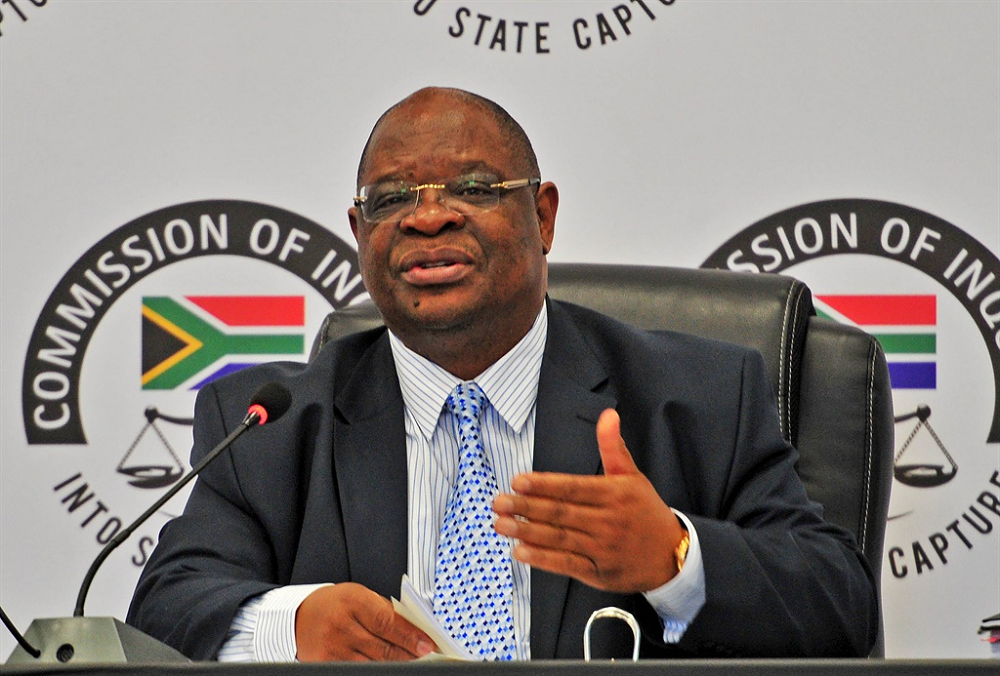
Deputy Chief Justice Raymond Zondo
Zondo is reflecting on what to do next with the witness who has been the most troublesome, but who is also essential for a final report to have credibility.
There are negotiations to get Zuma to provide a written statement responding to the 35 witnesses who have implicated him in State Capture. The commission would not be well-served by him taking the stand but then refusing to say anything (as his friend Dudu Myeni did), said associates.
The commission has, on at least 26 occasions, invited Zuma, in writing, to provide his version of events and written to him at least 16 times to find time slots suitable to him to present testimony. He has been excused when he had to attend a separate corruption case, when he was ill, and this week, he was excused to attend a funeral.
Civil society and some members of the commission want Zondo to take firm action against Zuma in the final laps of the inquiry, which must end on March 31 2021. Others believe that a bloodless solution can still be found to protect the integrity of the commission. DM
Tailored for you



